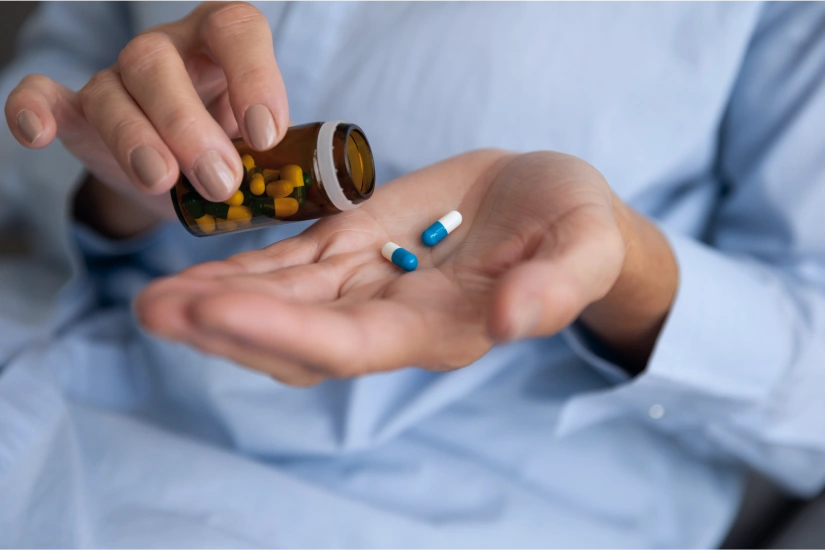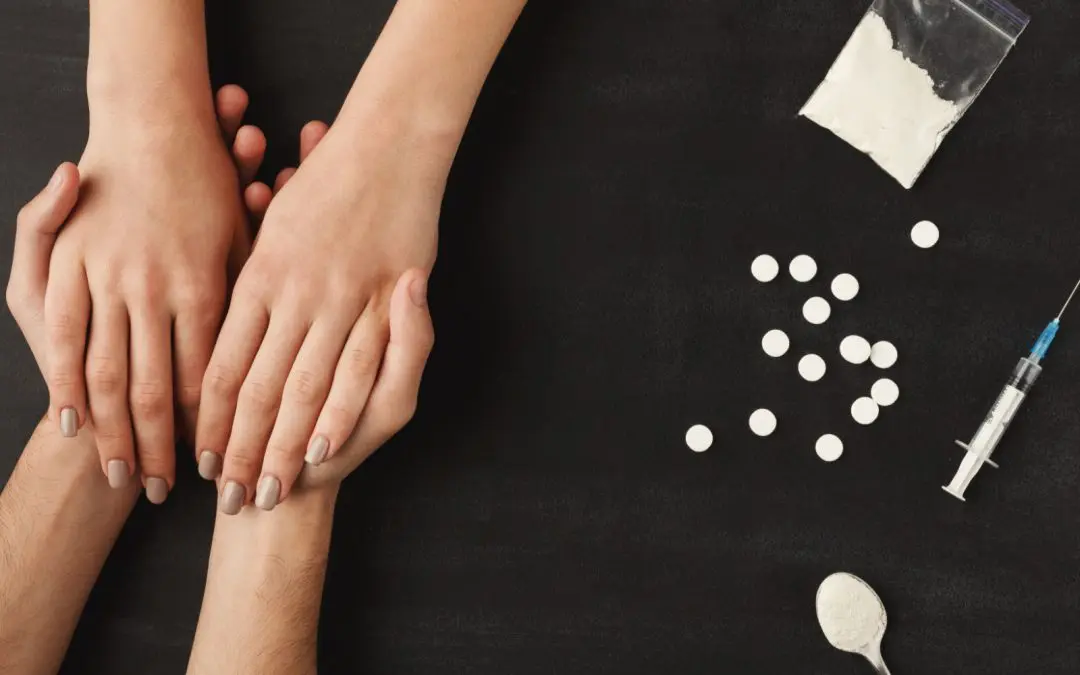24/7 Helpline:
(866) 899-111424/7 Helpline:
(866) 899-1114
Learn more about Inpatient Rehab centers in Nicholson
Inpatient Rehab in Other Cities

Other Insurance Options

GEHA

Carleon

WellCare Health Plans

Health Choice

Health Partners

United Health Care

Meritain

Coventry Health Care

State Farm

Anthem

UnitedHealth Group

BlueShield

Magellan Health

MHNNet Behavioral Health

Lucent

Multiplan

Holman Group

PHCS Network

Private insurance

Medical Mutual of Ohio


Gulf Coast Mental Health Center
Gulf Coast Mental Health Center is community mental health center providing a wide range of mental h...




















Teen Challenge of Mississippi
Teen Challenge of Mississippi is a non-profit Christian organization who aims to help women with lif...











